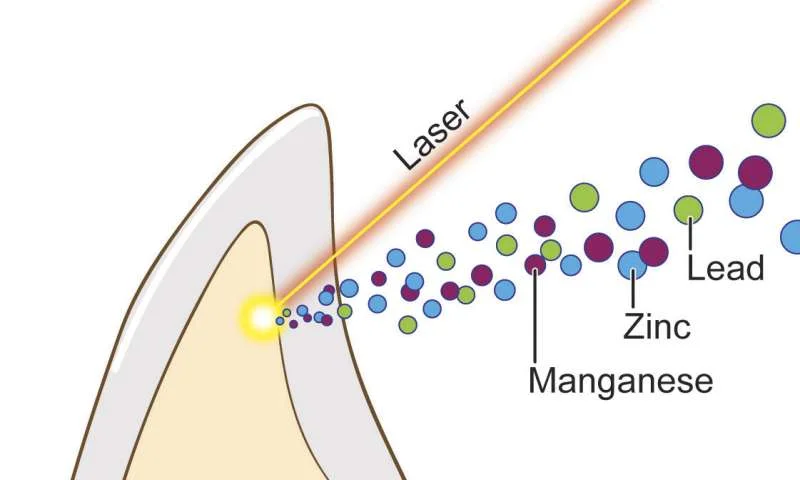Baby teeth link autism and heavy metals, NIH study suggests
/Baby teeth from children with autism contain more toxic lead and less of the essential nutrients zinc and manganese, compared to teeth from children without autism, according to an innovative study funded by the National Institute of Environmental Health Sciences (NIEHS), part of the National Institutes of Health. The researchers studied twins to control genetic influences and focus on possible environmental contributors to the disease. The findings, published June 1 in the journal Nature Communications, suggest that differences in early-life exposure to metals, or more importantly how a child’s body processes them, may affect the risk of autism.
The differences in metal uptake between children with and without autism were especially notable during the months just before and after the children were born. The scientists determined this by using lasers to map the growth rings in baby teeth generated during different developmental periods.
Read More




 View Cart
View Cart



